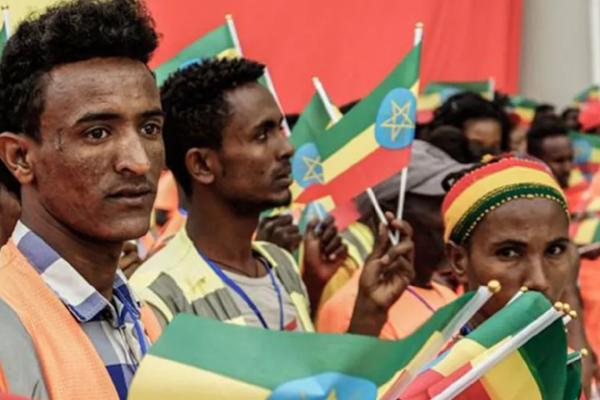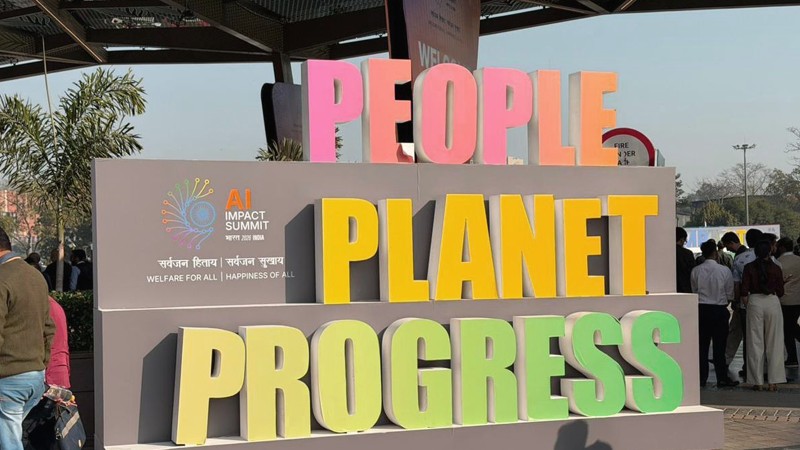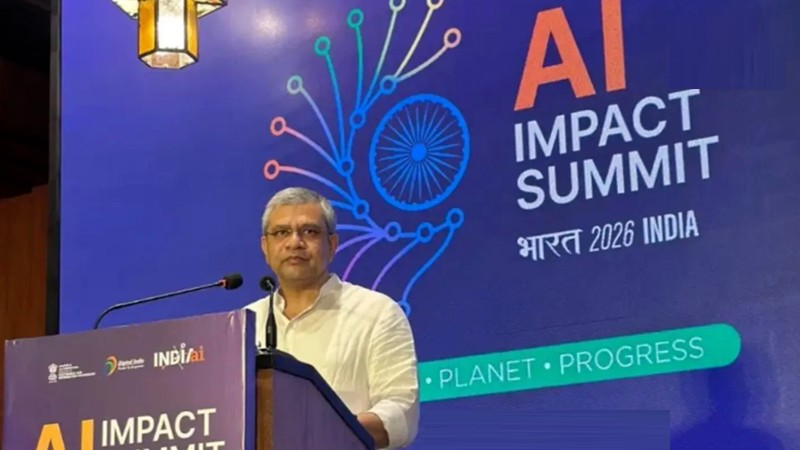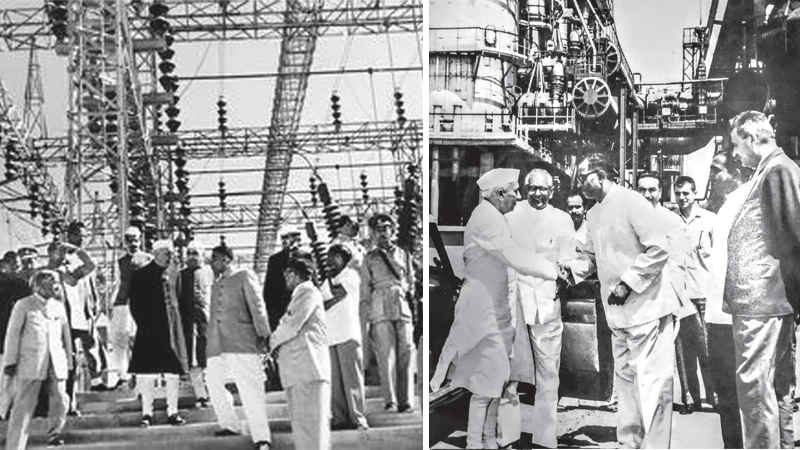India’s Strategic Silence on Russian Oil: Balancing Autonomy and Pragmatism
Editorial
Justice Delayed, Democracy Denied
The prolonged incarceration of activists Umar Khalid, Meeran Haider, Sharjeel Imam, Shifa-ur-Rehman, and others under the Unlawful Activities (Prevention) Act (UAPA) is a troubling reminder of how legal process in India can often turn punitive even before a verdict is reached. Over five years since their arrest in connection with the 2020 Delhi riots conspiracy case, these individuals remain behind bars without trial, their bail pleas repeatedly deferred.
During the recent Supreme Court hearing, defence lawyers underscored a crucial point — the accused were officially informed of the investigation’s completion only in September 2024, years after their arrest. With 150 witnesses still to be examined, there is no sign of the trial beginning soon. The essence of justice — a speedy trial — has been lost, replaced by endless procedural delay that effectively punishes without conviction.
The UAPA’s stringent provisions have made bail virtually impossible, converting pre-trial detention into a form of sentence. When peaceful protestors are booked under anti-terror laws, dissent itself becomes suspect. Senior advocates Salman Khurshid and Kapil Sibal rightly reminded the court that non-violent protest against a law cannot be equated with sedition or terrorism. Yet, the state continues to conflate dissent with danger, protest with conspiracy.
Of the 116 riot-related cases concluded so far, 97 have ended in acquittals, with courts criticizing the police for weak or fabricated evidence. This pattern raises legitimate doubts about the credibility of the investigation in the so-called “larger conspiracy” case.
A democracy’s strength lies not in silencing its critics but in protecting their right to speak. The continued incarceration of these activists is not just a personal tragedy — it is a test of India’s commitment to justice, liberty, and the rule of law.
India’s Women Rewrite Cricketing History
India’s women’s cricket team created history on Sunday by lifting their maiden ICC Women’s World Cup 2025 trophy, defeating South Africa by 52 runs in a pulsating final at Navi Mumbai’s DY Patil Stadium. The victory was not just a sporting triumph—it was the culmination of years of resilience, heartbreak, and steady progress. Twice before, in 2005 and 2017, India had come agonizingly close, only to falter at the final hurdle. This time, under the composed leadership of Harmanpreet Kaur, the team refused to let history repeat itself. Shafali Verma’s blistering 87 set the platform, Deepti Sharma’s all-round brilliance—with both bat and ball—sealed the win, and the collective spirit of the squad turned belief into glory. This was not a victory born overnight; it was built through persistence, better domestic structures, and the growing self-confidence of India’s women athletes who have steadily forced their way into the national spotlight.
What makes this win truly historic is its symbolic power. It breaks a long-standing barrier in Indian sports, showing that women’s cricket can command the same passion, pride, and emotion as the men’s game. The Board of Control for Cricket in India’s announcement of a ₹51 crore reward acknowledges not just the win but the revolution it represents. For millions of young girls across the country, this team’s triumph is a message—that dreams do not come with gender tags. Yet, amid the euphoria, lies a responsibility: this victory must not remain a solitary chapter of success. It should herald sustained investment, equal visibility, and stronger grassroots support for women’s cricket. India’s women have given the nation its “1983 moment” — now the nation must give them the enduring recognition they have earned.


 SAS Kirmani
SAS Kirmani



















